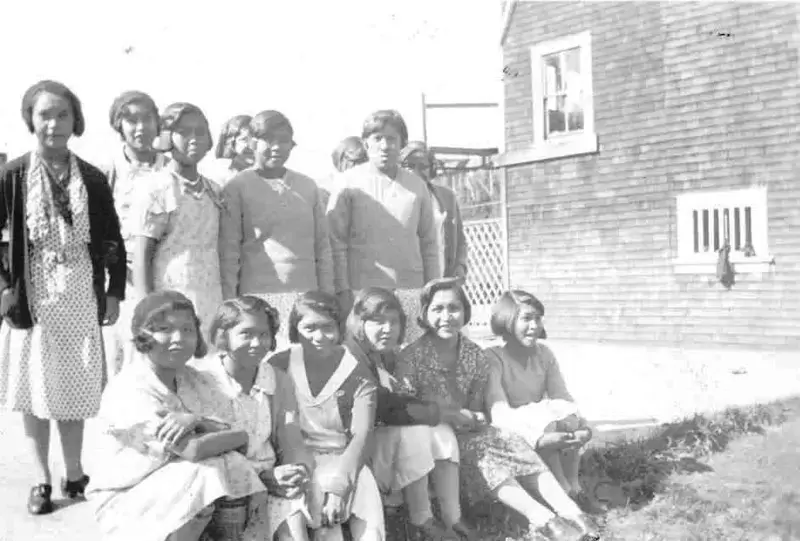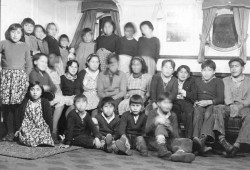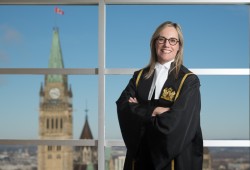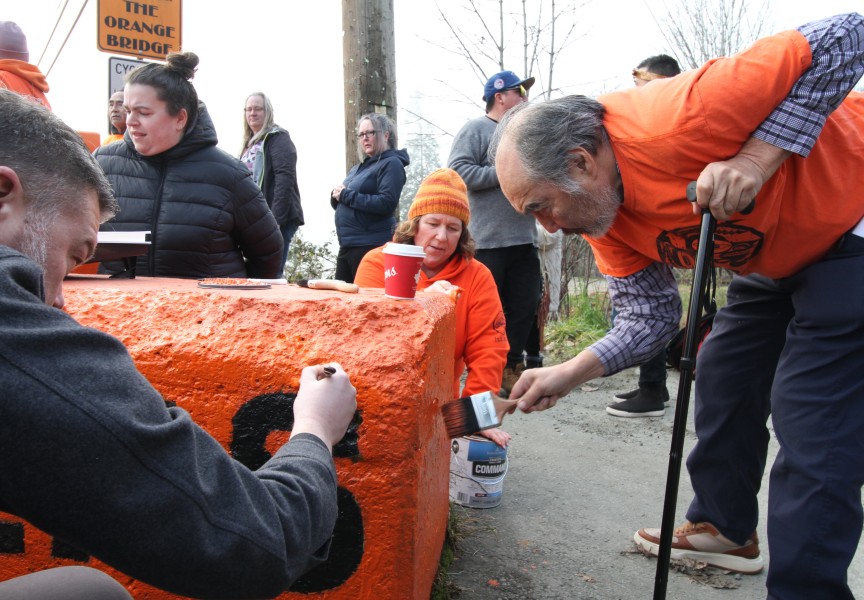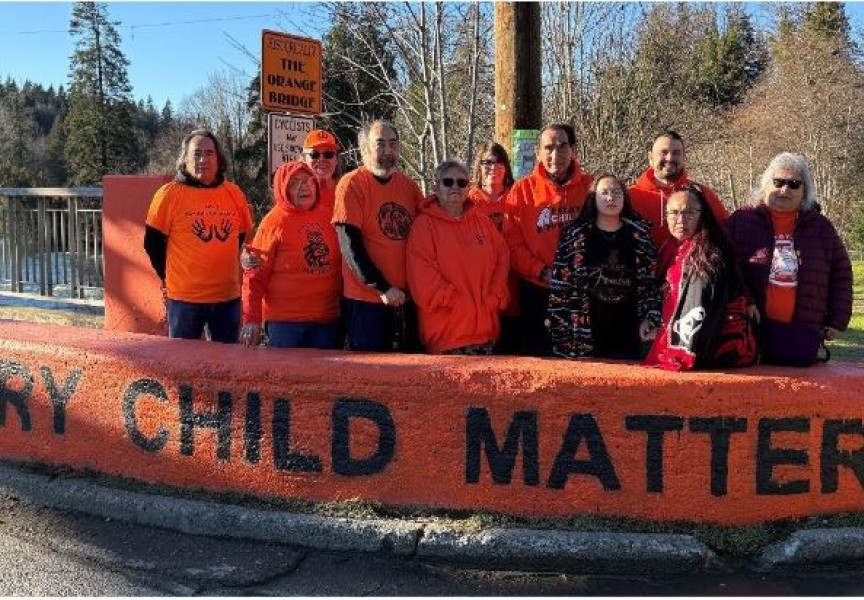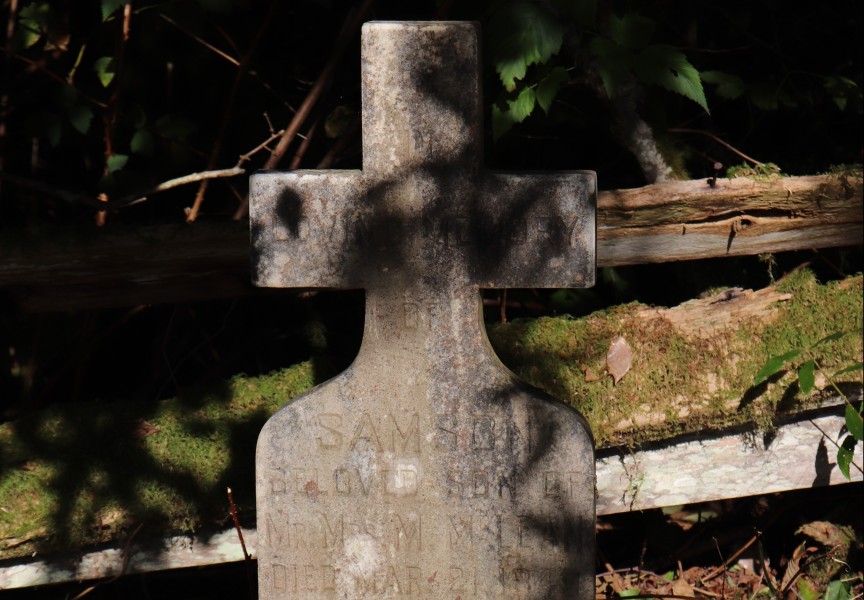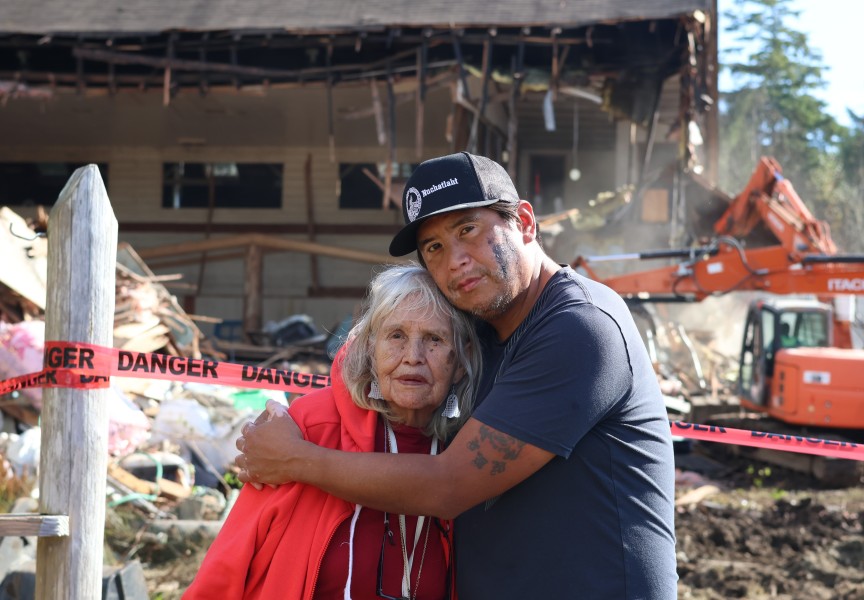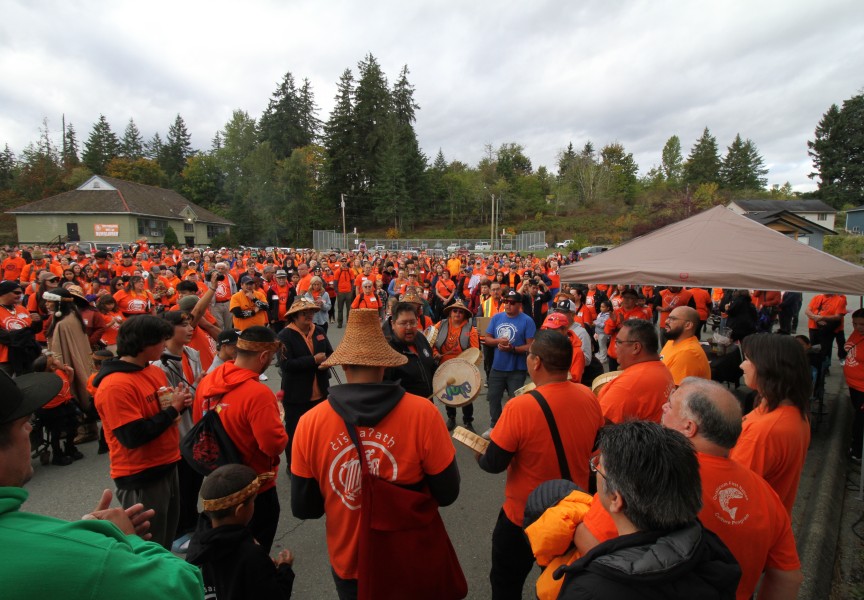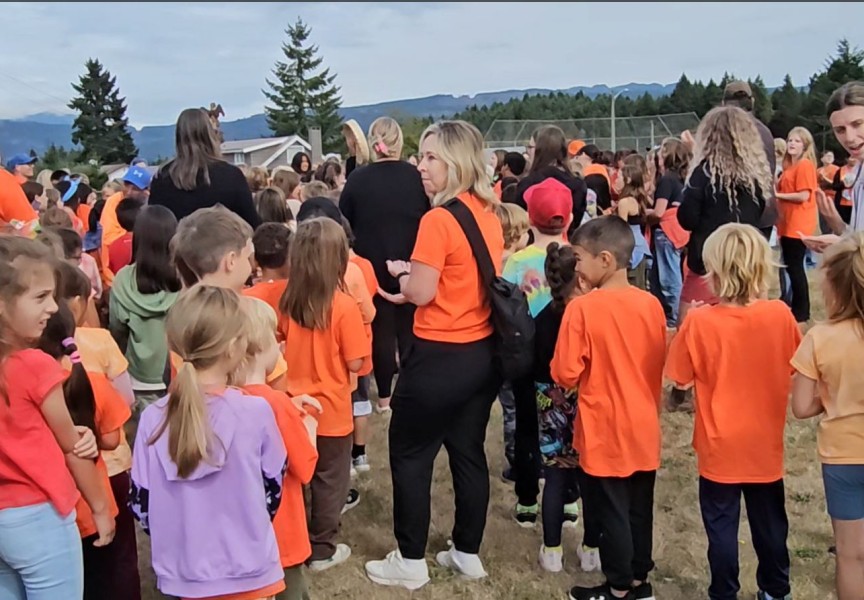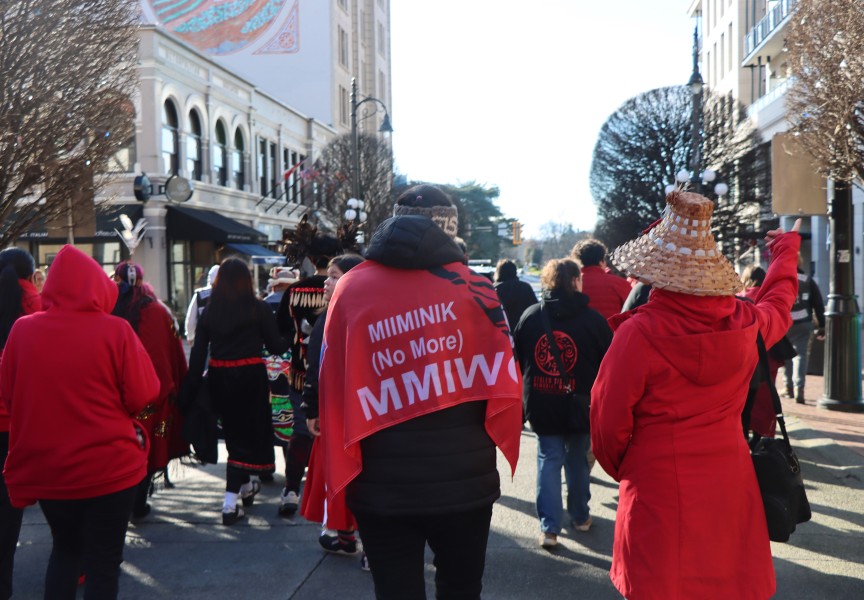Federal Court has approved the terms of a $2.8-billion settlement that Canada is calling the first compensation to First Nations communities for the loss of language, culture and heritage due to the residential school system.
On March 13 the court determined that terms of the Gottfriedson Band class settlement are fair and in the best interests of the 325 First Nations tied to the litigation. This long list includes First Nations that opted to participate in the class action lawsuit due to the longstanding impacts of their members being forced to attend Indian residential schools, which were Christian-oriented institutions run across Canada from the 1860s to the 1990s. In Nuu-chah-nulth territory the Ahousaht, Christie and Alberni Indian residential schools are named in the litigation, with the Ehattesaht/Chinehkint, Ahousaht, Tla-o-qui-aht, Tseshaht, Hupacasath, Uchucklesaht and Huu-ay-aht First Nations listed in the class action due to the continued impacts of these assimilationist institutions on their members.
The settlement entails the federal government placing $2.8 billion into a not-for-profit trust fund to be managed by a board of nine Indigenous directors elected to represent the interests of the 325 First Nations. Funding is intended to apply to the settlement’s four pillars: The revival and protection of Indigenous languages, preserving Aboriginal cultures, supporting the wellness of First Nations communities, as well as the promotion of their heritage.
“Settlements are not often described as ‘monumental’, ‘historic’, and ‘transformational.’ Here, however, I agree that those words aptly describe this settlement agreement,” wrote Justice Ann Marie McDonald in her decision. “The flexibility this structure affords to the band class members, to set their own priorities to work within the four pillars and thereby address needs unique to their nations, is unprecedented.”
An initial amount of $200,000 will be available to each First Nation tied to the litigation, funding the development of a proposal for a larger amount of money for initiatives that attend to the settlement’s four pillars.
First Nations are also to receive a share of the fund’s annual investment income, which will be dispersed with consideration given to population size.
The Gottfriedson Band class settlement differs from individual compensation to residential school survivors that resulted from statements given to the Truth and reconciliation Commission of Canada. Instead, the settlement is intended to help communities with the collective harm caused by residential schools.
“This settlement is not intended to place a value on the losses, but instead is a step forward in rebuilding our relationship with Indigenous Peoples,” stated Marc Miller, Canada’s minister of Crown-Indigenous Relations. “Residential schools are part of Canada’s history, even recent history, and they continue to have devastating effects across the country. Part of this horrific legacy is the loss of Indigenous culture, knowledge and traditions.”
The class settlement is named after Shane Gottfriedson, a former elected chief of the Tk'emlups te Secwépemc First Nation who launched the litigation. It builds upon the Gottfriedson Day Scholars settlement of 2021, which applies to those who attended residential schools but did not live at the institutions.
According to the terms of the settlement, after two 30-day appeal periods, the federal government will transfer funds into the trust.

